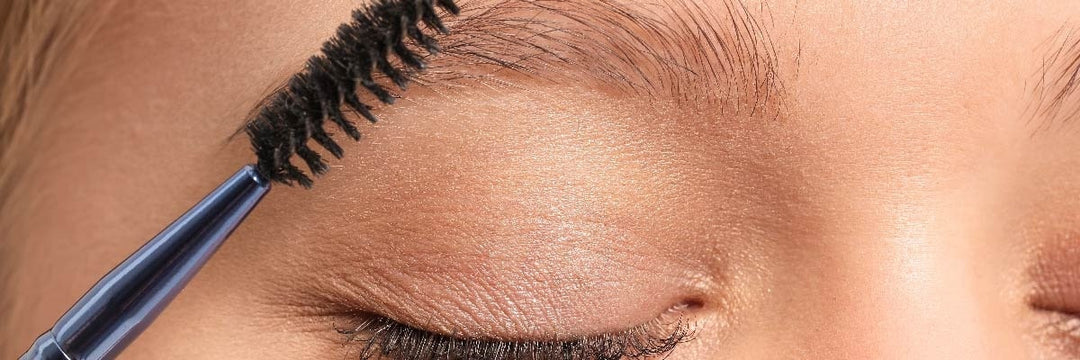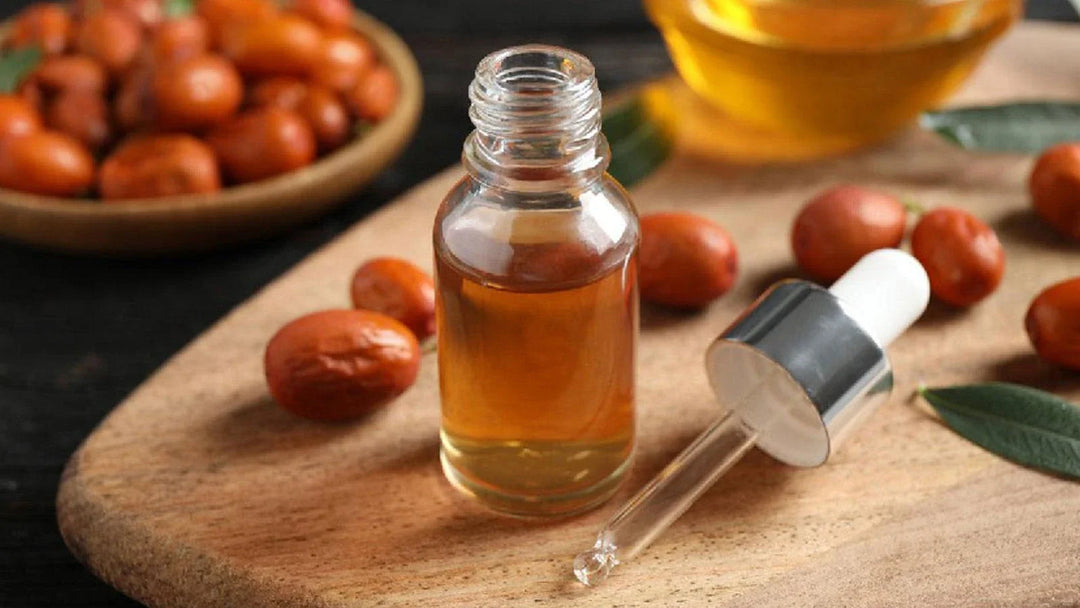Natural Solution Against Flies: Herbal Mixtures You Can Apply to Your Skin
One of the essentials of summer is spending enjoyable time outdoors. However, there's a small but annoying detail that interrupts these beautiful moments: flies. Mosquitoes, in particular, disrupt sleep at night and disrupt the peace of mind with their annoying bites during the day. In this article, we'll focus on natural solutions that can be applied to the skin as an alternative to chemical-based repellents. These aromatherapy-inspired recipes not only keep flies away but also care for your skin.
Why Should Natural Methods Be Preferred Against Flies?
Many commercially available insect repellent sprays and lotions contain chemicals like DEET. Long-term use of these substances can cause skin irritation, respiratory irritation, and allergic reactions for some users. These products can pose serious risks, especially for children, pregnant women, and those with sensitive skin.
Natural methods, on the other hand, are gentler and more environmentally friendly. Essential oils have scents that mosquitoes dislike and are more compatible with human skin, making them safe to use. They also boost your mood thanks to their aromatherapeutic effects. Therefore , natural mosquito repellent methods stand out both for their health benefits and their compatibility with an environmentally friendly lifestyle.
The Power of Essential Oils: Scents That Keep Flies Away
Flies dislike certain scents and will avoid the environment when they come into contact with them. Essential oils that particularly bother flies include citronella, lavender, tea tree, eucalyptus, and peppermint. These oils disrupt the flies' navigational system and confuse their sensory mechanisms.
For example, citronella oil is known for its lemony freshness and is the answer to many natural fly repellents . Lavender oil, on the other hand, both repels flies and reduces itching with its soothing effect. Eucalyptus oil, in addition to its cooling effect, has a strong aroma that deters flies from approaching the skin.
For those looking for a more practical and ready-to-use option Citronella Body Spray brings natural insect repellent protection to your daily routine. This aromatic body spray, based on lavender hydrosol, creates a fresh and refreshing atmosphere with its balanced blend of citronella, lemongrass, peppermint, tea tree, and lavender essential oils. Its invigorating herbal scent makes it an essential companion for both body and mind, especially during outdoor activities and moments spent in nature.
Natural Fly Repellent Recipes to Apply to the Skin
Instead of chemical sprays, you can keep flies away with herbal mixtures you can prepare at home. Here are three natural fly repellent recipes you can safely use:
Recipe 1: Lavender & Coconut Oil Blend
Materials:
-
10 drops of lavender oil
-
2 tablespoons of coconut oil
Mix the two oils and apply them to your skin. Lavender oil keeps flies away, while coconut oil moisturizes your skin. Use this especially before going out in the evening.
Recipe 2: Citronella & Sweet Almond Oil Formula
Materials:
-
15 drops of citronella oil
-
3 tablespoons of sweet almond oil
Citronella's strong scent disorients flies. Sweet almond oil, acting as a carrier oil, diffuses the aroma without irritating the skin. This mixture is one of the most popular homemade fly repellents .
Recipe 3: Tea Tree & Peppermint Oil Blend
Materials:
-
8 drops of tea tree oil
-
8 drops of peppermint oil
-
2 tablespoons of olive oil
Its cooling effect provides freshness on summer days. It also offers strong protection against flies. The mint scent confuses flies.
In Which Cases Are Natural Products Not Sufficient?
Natural fly repellents are often sufficient. However, in forested areas, lakeside areas, or tropical regions with dense fly infestations, additional precautions may be necessary. In these cases, physical repellents (fly nets, mosquito nets), outdoor sprays, and appropriate clothing are also important. Additionally, aromatherapy products may need to be reapplied after swimming or sweating, as their effectiveness may diminish after contact with water.







